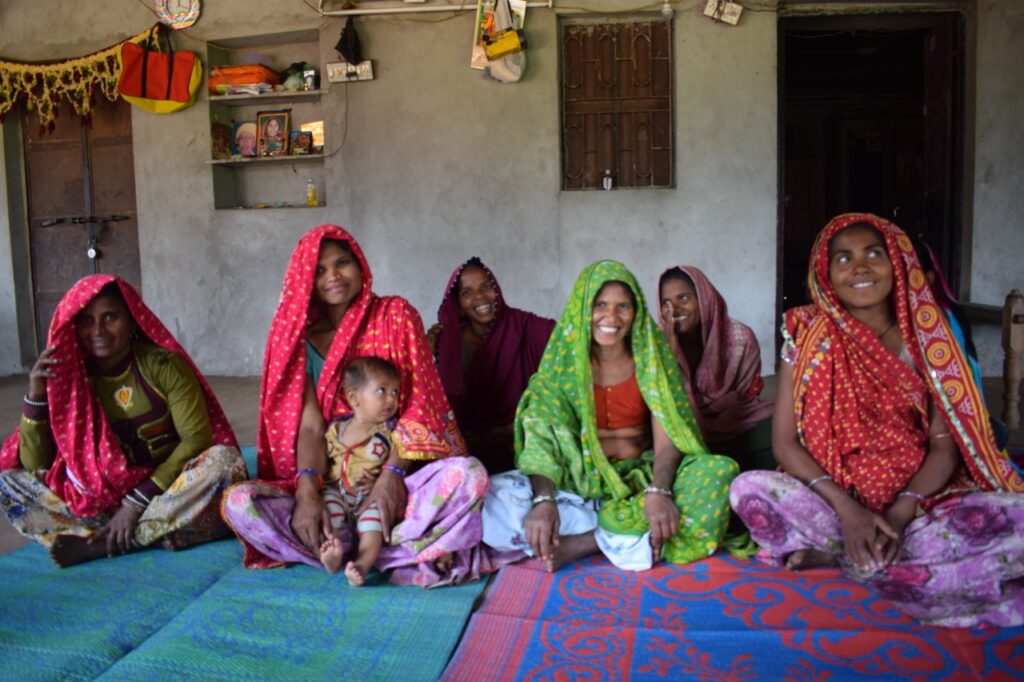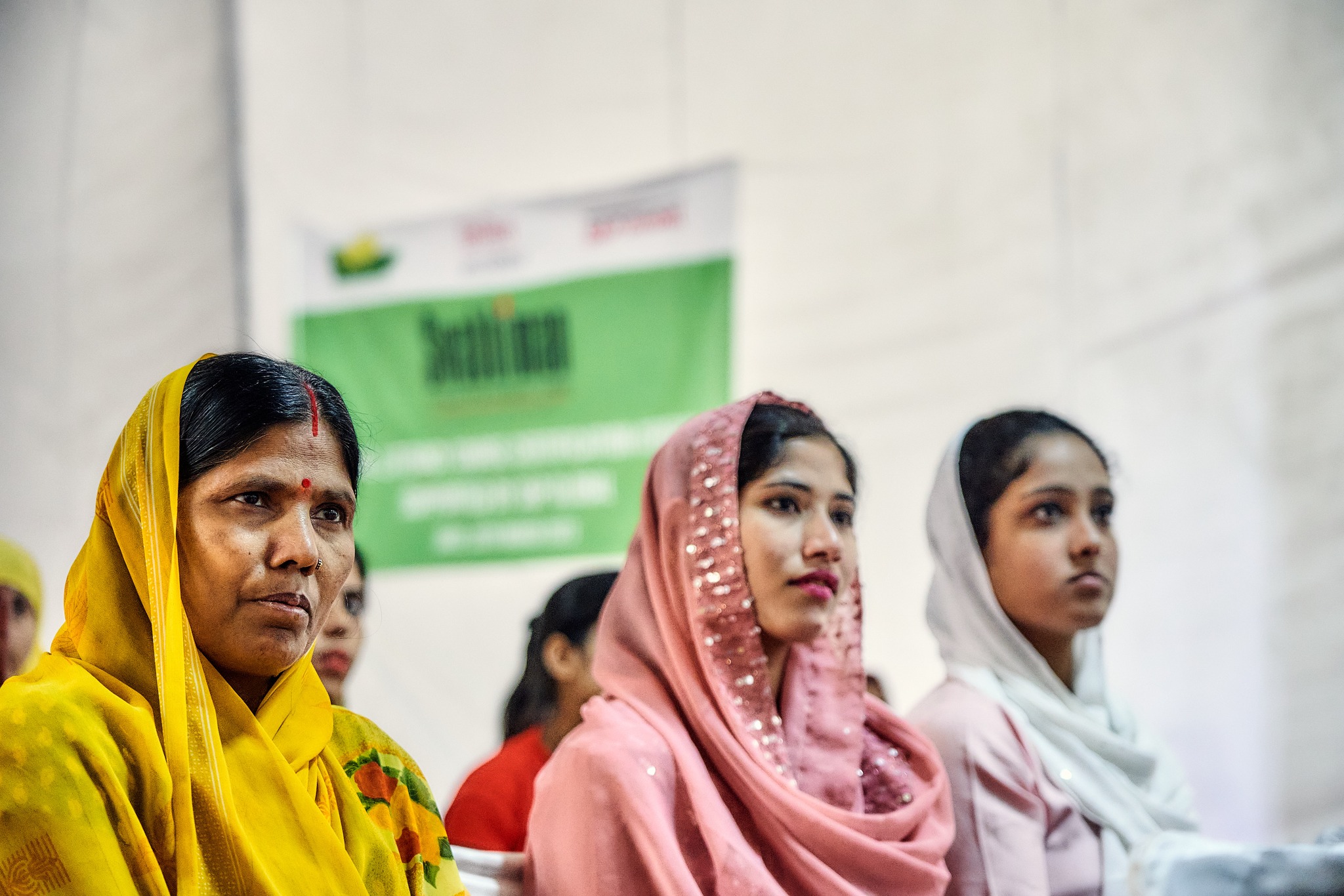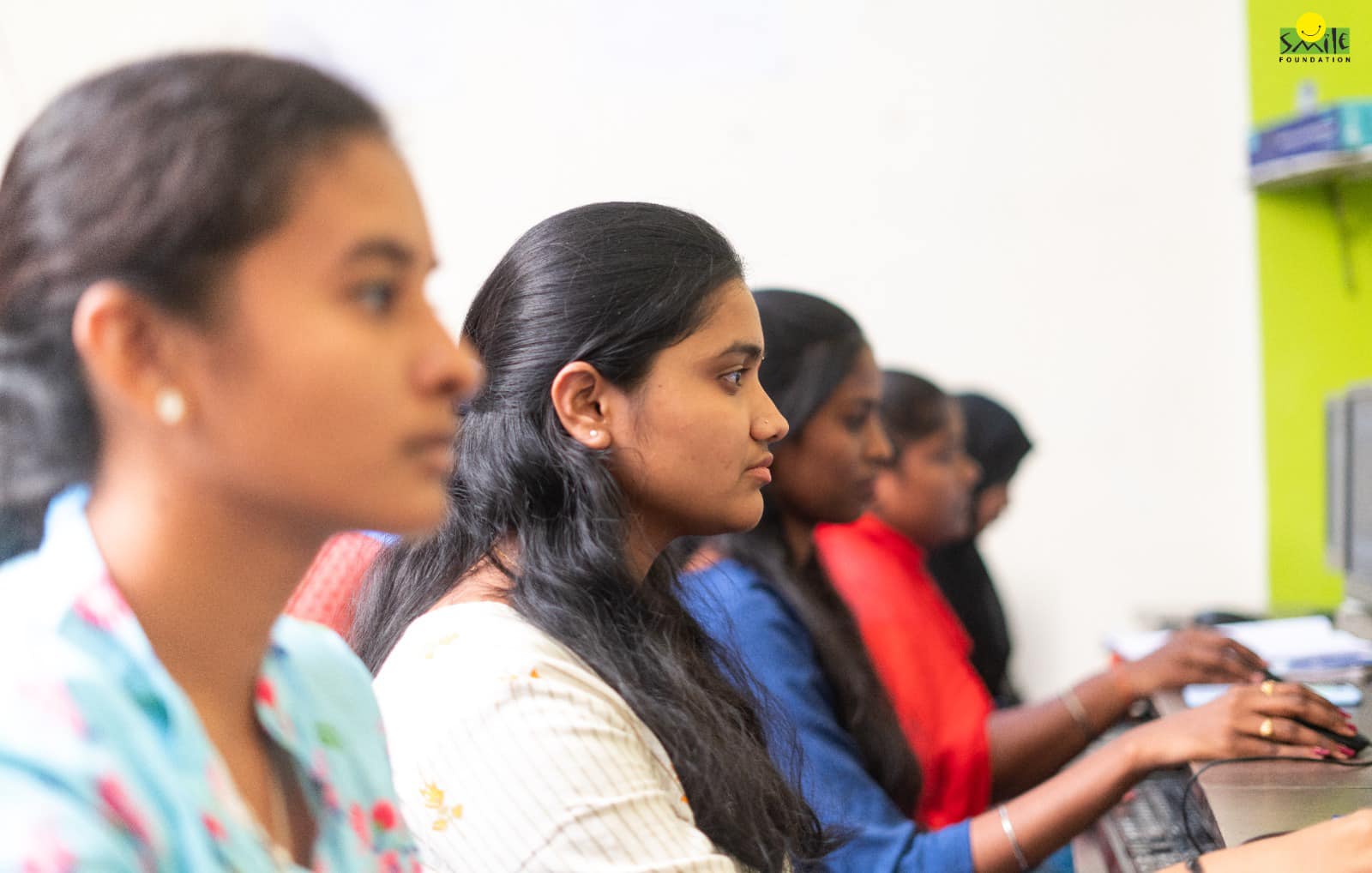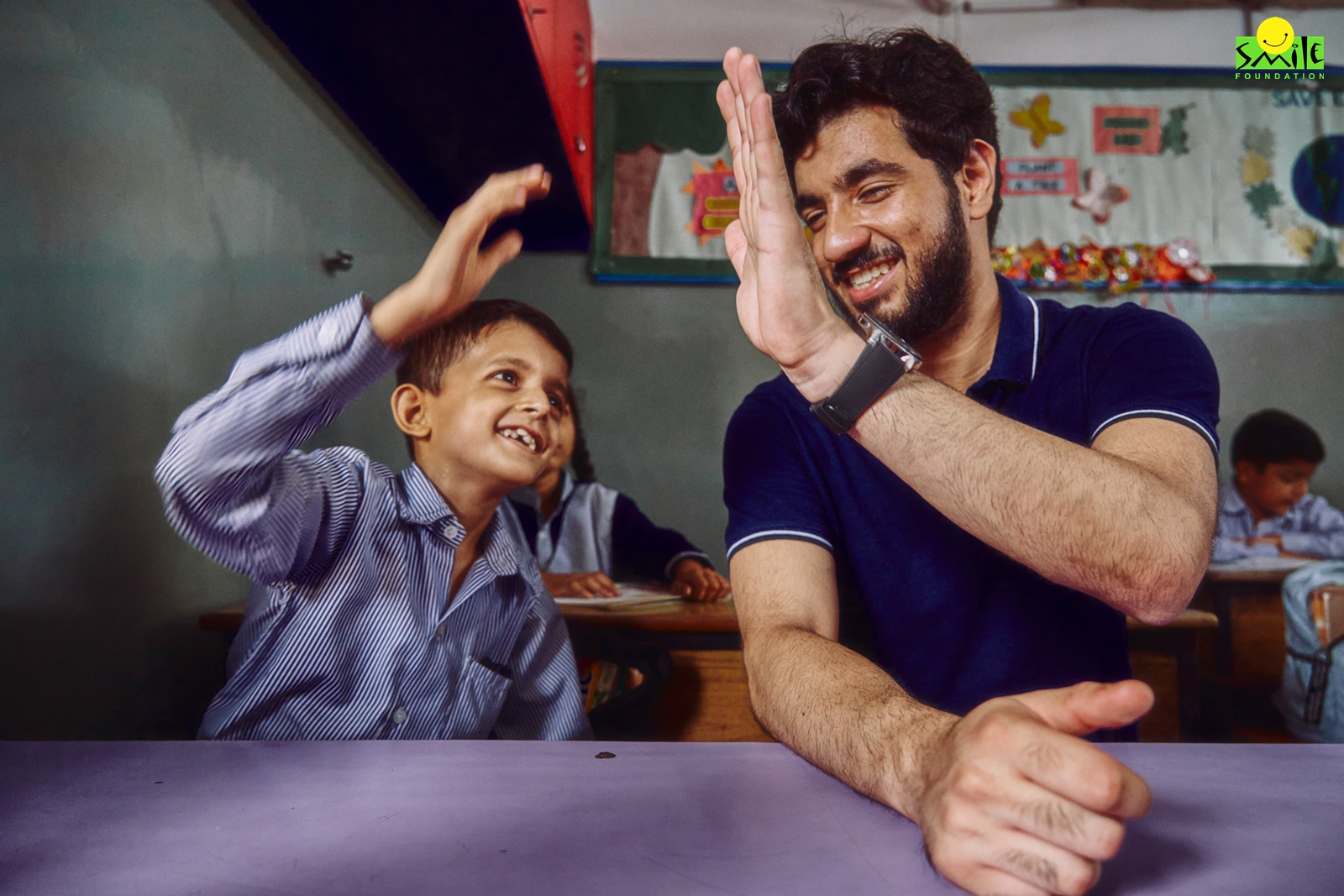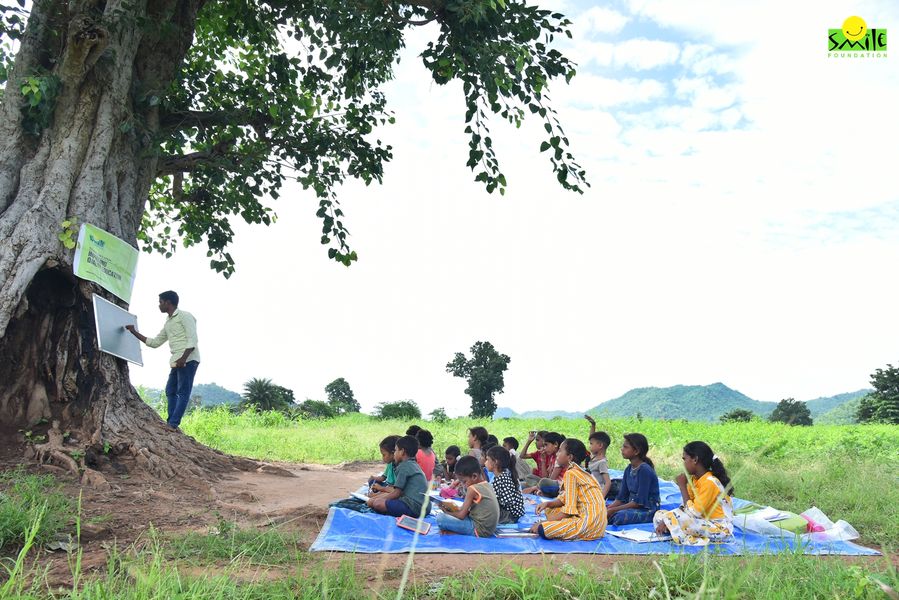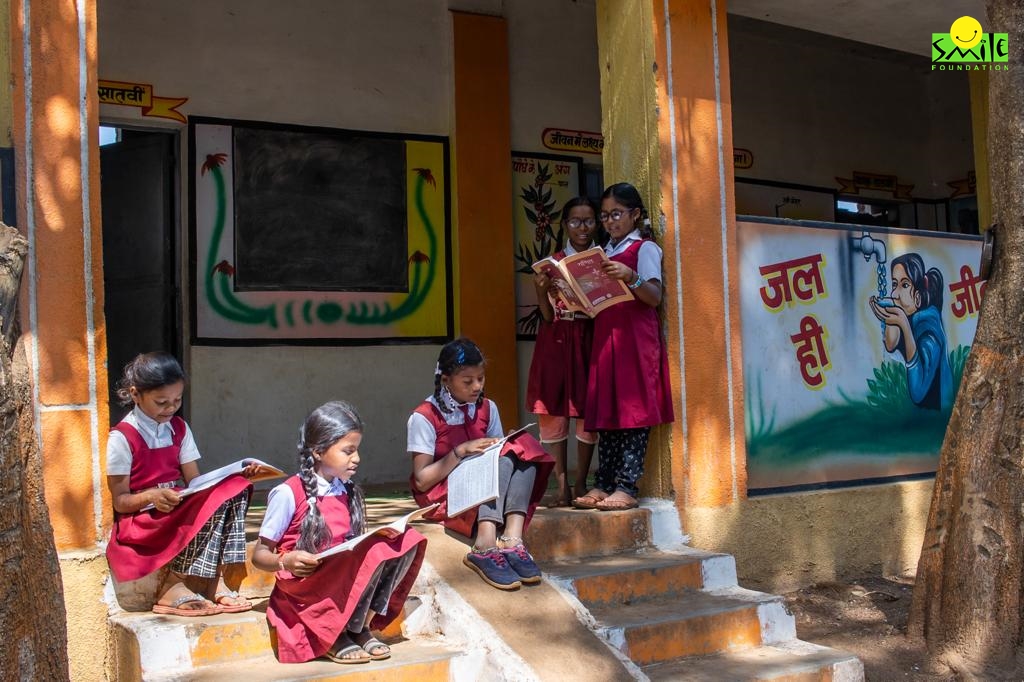The story starts with education.
When a little girl is pulled out of school, because her parents cannot afford to send her to school or because she will be more helpful around the house; we are not only taking away the little girl’s freedom of choice for her future life but we are also creating a pool of future generation which might be at risk of being stunted at birth due to lack of proper nutrition, getting affected by an easily preventable disease like polio at an early age and worse still have lower resistance to infections throughout their lives.
According to a report by UNICEF, 62% of the total 17.7 million out-of-school children in India are girls and 73% of girls do not get past 10 years of school. When a girl’s education is discontinued, she misses out on important life lessons, lessons which could help save her own life or the life of her child when she comes of age. Lack of education and gender bias not only affects the mental, emotional and physical health of a girl child, they also play a major role in shaping the woman she will become. Women are often responsible for producing and preparing food for the household, so their knowledge about nutrition can affect the health and nutritional status of the entire family.
Another study shows that 68% of malnourished children in India are girls. Adequate nutrition is especially critical for women because inadequate nutrition wreaks havoc not only on women’s own health but also on the health of their children. Nothing much can be expected from an uneducated mother married off at an young age giving birth to a child every year in the want of a son, tainted with the colors of shame by a superstitious society; a mother wanting to give the bigger portions of food to her son; a mother who is not educated enough to decide what food is best for her baby.
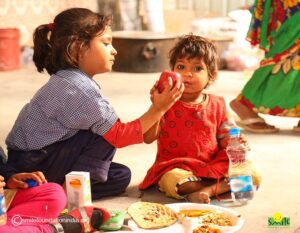
Although malnutrition’s effects on girls have been recognized for decades, there has been little measurable progress in addressing the specific nutritional problems of women and adolescent girls. Most problems like lethargy and depression caused by iron deficiency springing out of malnutrition are dismissed, further aggravating the problem.
Iron deficiency and anemia are the most prevalent nutritional deficiencies found in women. According to the World Health Organization (WHO), anemia among women is defined as a hemoglobin concentration of <120 g/L for non-pregnant women aged 15 years and above, and a hemoglobin concentration of <110-g/L for pregnant women. As per the National Family Health Survey (2015–2016) 53% of women in India have anemia. Most women who develop anemia in less developed countries are not consuming enough iron-rich foods or are eating foods that inhibit the absorption of iron. Women are especially susceptible to iron deficiency and anemia during pregnancy. Women with high number of births, short intervals between births and poor access to antenatal care and supplementation are likely to experience poor pregnancy outcome due to anemia. If a mother suffers poor pregnancy due to iron and other deficiencies the baby suffers for the lack of proper nutrition.
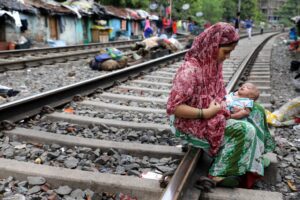
Smile Foundation through its various programmes has prioritized maternal and child health as a focus area, and works towards ensuring safe and healthy motherhood and childhood in socio-economically disadvantaged communities by addressing key factors like awareness, education, healthcare, nutrition and sanitation.
Under antenatal and postnatal care, daily supplements to expecting mothers, nutrition plans, medicines, blood tests and counseling for institutional delivery are some of the services provided. To improve health status of mothers, infants and children, healthcare services are brought at the doorstep of communities through mobile health units as well as specialized health camps that provide free diagnosis, counseling, medicines and contraceptives. Networks are established with frontline community workers including ASHA, ANM and AWW to train and guide them for providing better services to expecting and lactating mothers and newborns. Community mobilisers and health counselors establish a bond of care with the women to spread awareness about maternal and neonatal danger signs, breastfeeding, nutrition, and immunisation. These conversations empower girls and women to take charge of their own health and well being.
To know more visit https://www.smilefoundationindia.org/she-can-fly/



